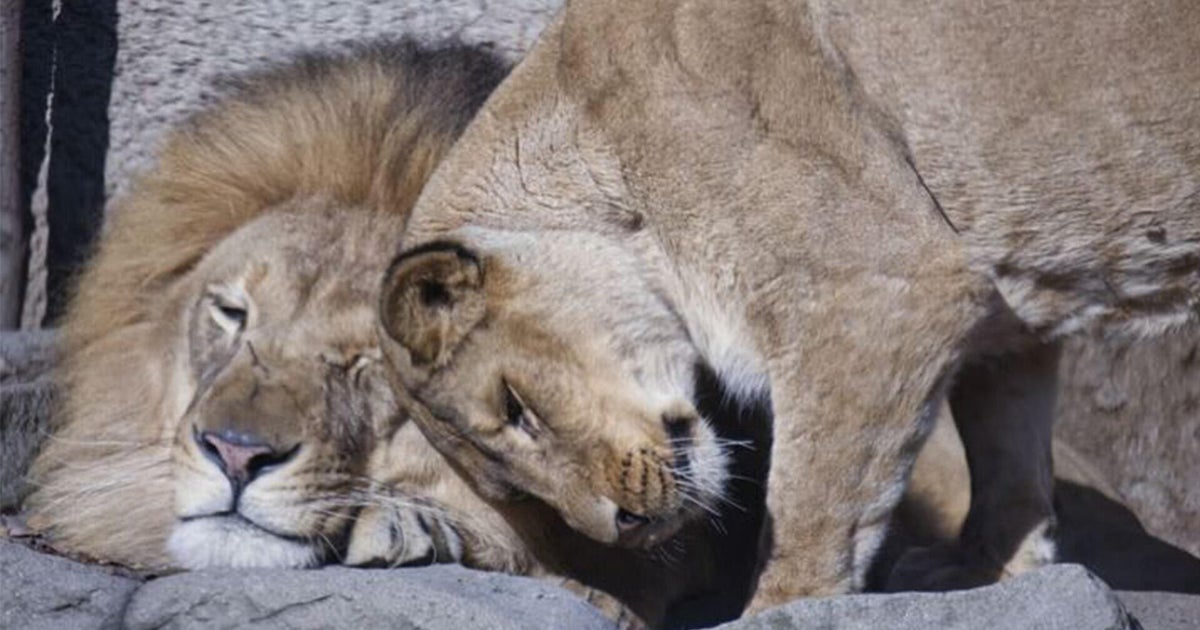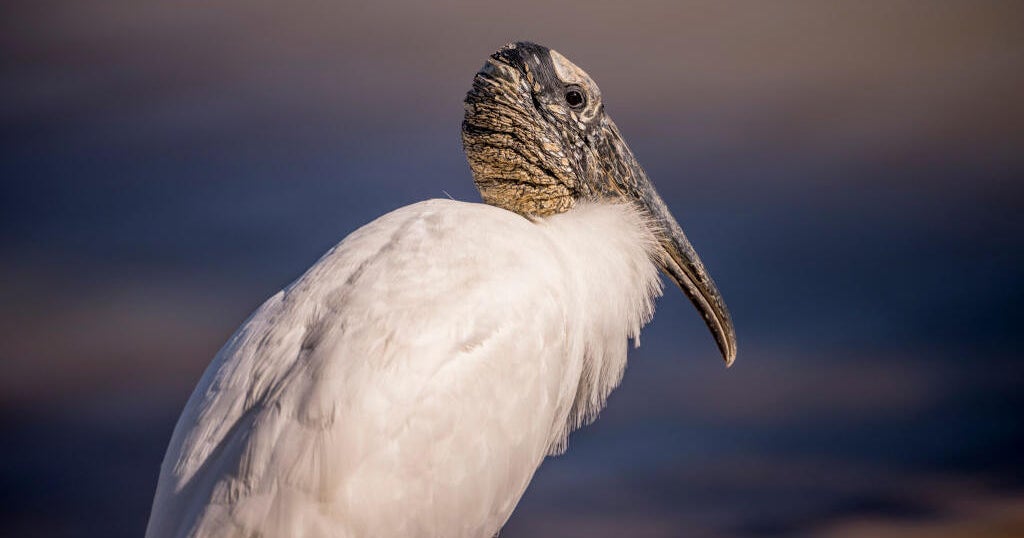Denver Zoo Welcomes New Okapi
DENVER (CBS4)- A 2-year-old okapi is making itself home at the Denver Zoo after living at Disney's Animal Kingdom.
Molimo just cleared his mandatory month-long quarantine and visitors can see him in his exhibit near the Toyota Elephant Passage.
Molimo was born in 2012 at Disney's Animal Kingdom in Florida. He arrived to Denver Zoo through recommendations of the Association of Zoos and Aquariums' (AZA) Species Survival Plan (SSP), which ensures healthy populations and genetic diversity among zoo animals.
Zoo staff is in the process of bringing a female to pair with Molimo for breeding, which they hope will occur next spring. Keepers describe the young okapi as laid back, playful, and say he is settling in very well. Molimo joins the Zoo's other three okapis, Jabari, Sekele and Kalispell.
Okapis look like a cross between zebras and giraffes. In fact, the species is the only living relative to the giraffe. In addition to long necks, okapis have reddish bodies, black-and-white striped legs and 12-inch, purple, prehensile tongues. Adult okapis weigh between 500 and 700 pounds and stand approximately five feet tall at the shoulder. Females are generally larger than males. The okapi's gestation period is between 14 and 15 months.
Native only to the Democratic Republic of Congo (DRC), survival of the okapi is seriously threatened by unsettled political conditions and rebel military actions in that part of the DRC. Wild population estimates for the species are extremely difficult to determine because the forest is so dense, but experts believe there are between 10,000 and 50,000 individuals. Their numbers are believed to be declining, though and okapis are classified as "Endangered" by the International Union for Conservation of Nature (IUCN). Additional threats come from habitat loss and hunting.
This rare species was only first discovered about 100 years ago. Very little is known about the behavior of the okapi in the wild due to its shy, elusive nature. Much of what is known has been learned in zoos in the past 45 years.
LINK: Denver Zoo







